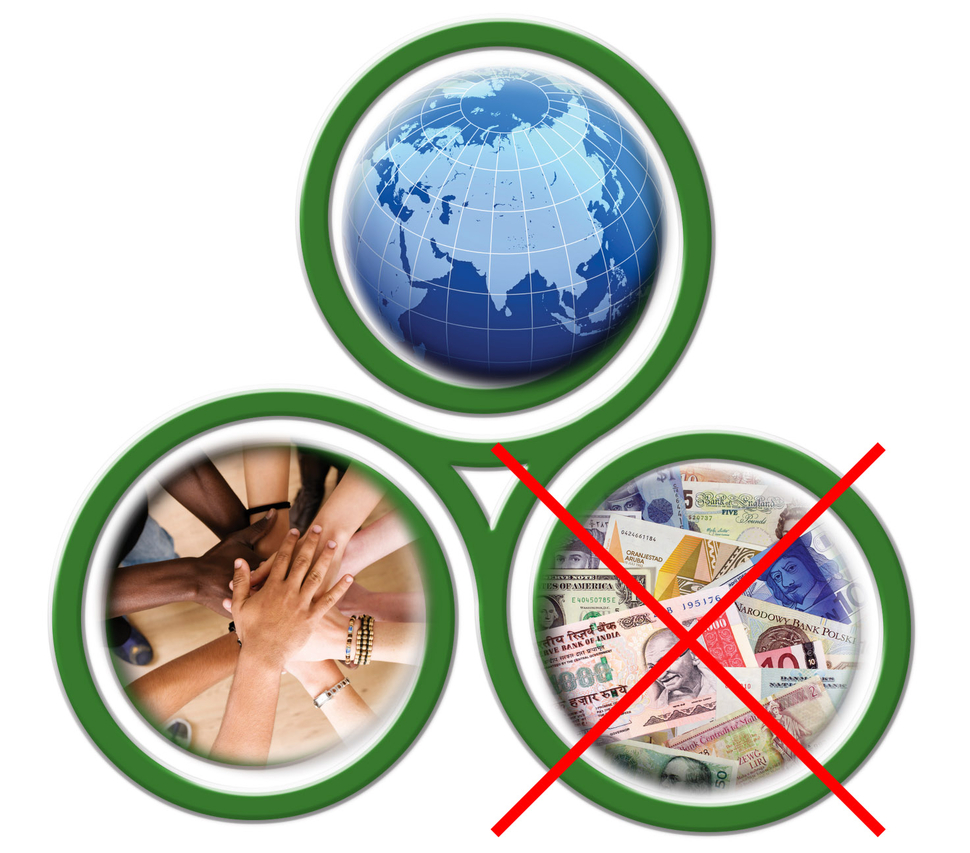When discussing sustainability, the phrase people, planet, prosperity is often used (also PPP or the triple bottom line). This should point out the importance of social, environmental and financial properties of sustainable development. The idea of this phrase is that sustainable development only can happen when all three pillars are considered. Is this saying always true? I do not think so.
Imagine an average household in an average house. They decide to place pv-panels on their roof. Planet happy, because of green energy. They inspire people in their neighbourhood to do the same. People happy, because they feel more independent and have more social cohesion. After some years the panels have payed themselves back and become profitable. From now on the average household has more money to spend; their wealth has grown. The key question is: what will they do with their money. Every euro (or any currency) has a potential carbon dioxide footprint. If the richer family buys a new TV or goes on a holiday by plane, the money they earned with a sustainable technology has not been spent in a sustainable way. This means that the carbon footprint of their euros is high. If they choose to spend their money on going to the hairdresser more often instead, their euros have a relatively low carbon footprint.
How can we know the potential footprint of a euro? The New York Times (2007) stated that the industrialized countries appear to contribute to most to the total greenhouse gas emissions (and the most vulnerable countries for climate change tend to be the poorest, but that is another story (Revkin, 2007). Can we say that that the richer someone is, the higher its potential carbon dioxide footprint is? I think we can. Money earned with for instance the pv-panels, probably will be spend on the holiday by plane and not on the hairdresser.
The bottom line is that I think we should focus less on prosperity in rich countries for sustainable transitions. We should make the product or process better for people and planet in such a way people are willing to pay more. Prosperity should play a minor role in sustainable transitions for the richest. The last thing we want to happen is growth of wealth of the richest and make the gap between rich and poor bigger. Extreme wealth is bad for planet and people.
The New York Times (2007). "Sustainability for Rich and Poor." Retrieved 29 November, 2015, from http://thelede.blogs.nytimes.com/2007/05/10/sustainability-for-rich-and-poor/?_r=0.
Revkin, A. C. (2007). "Reports From Four Fronts in the War on Warming." Retrieved 29 November, 2015, from http://www.nytimes.com/2007/04/03/science/earth/03clim.html.
